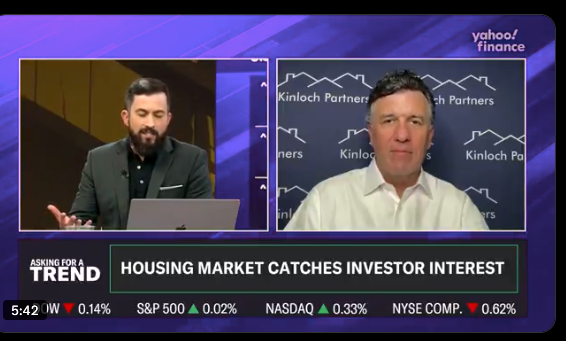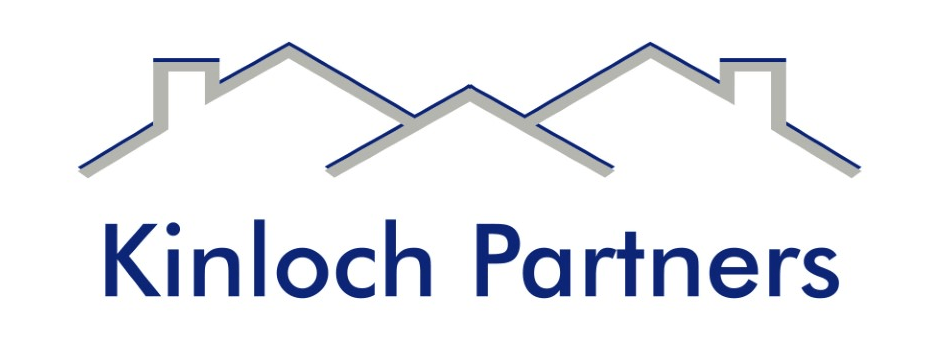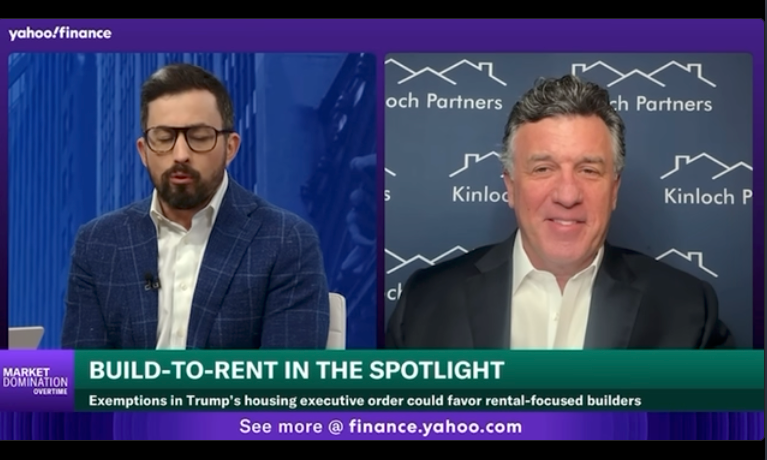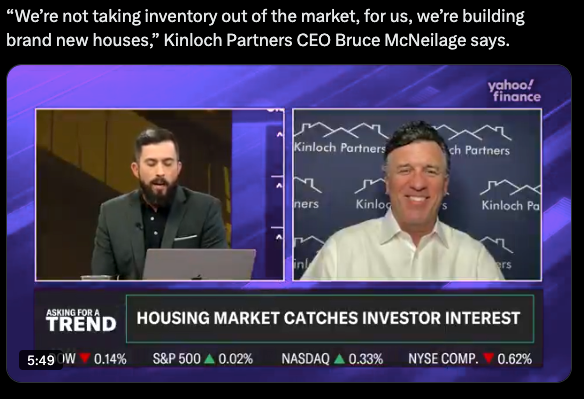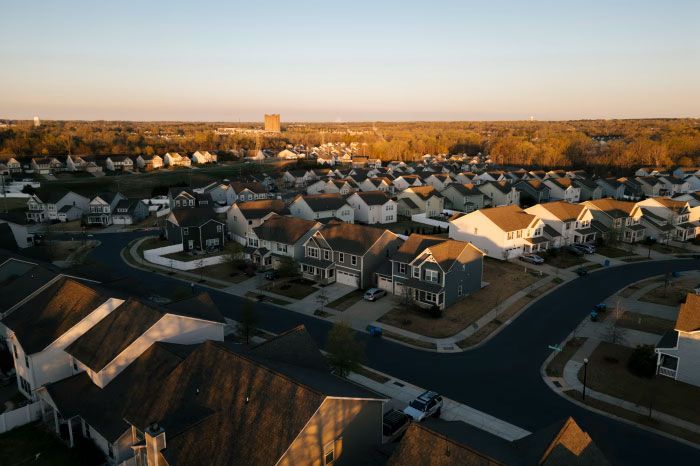Millionaire plans 1,000 Nashville area rental homes, townhomes
B. Edward Ewing and partners have bought more than 300 lots in Murfreesboro and other areas around Nashville with another 300 under contract.
Over the past year, a partnership led by investor B. Edward Ewing has bought more than 300 Nashville area lots as part of overall plans to build 1,000 new for-lease single-family homes and townhomes.
Construction should start in the third quarter on some of those home sites, which are spread across communities including at the Thompson Square subdivision in Murfreesboro. An additional 300 lots are under contract, which would bring the total number of home sites under the project to more than 600.
“We’re trying to be an alternative to apartment living, which is overdone in the Nashville market right now,” said Austin Pennington, CEO of Brentwood-based Barlow Builders LLC, Ewing’s partner in the venture. “The wave of the future in the rental or for-lease business is to give people communities, which Ed (Ewing) has done in previous states. We’re bringing that concept to the Nashville market.”
Nationwide, rental housing is a big business with even traditional U.S. homebuilders such as Miami-based Lennar Homes entering that market. But while much of the new inventory has been of entry-level homes, the Ewing-Pennington partnership plans to spend $300 million on developing higher-end, for-lease single-family homes and townhomes mostly in entire communities with such housing.
Ewing sees the planned single-family homes and townhomes ranging from 2,000 to 3,000 square feet in size with their values ranging from $350,000 to $400,000. They, however, will be rented out for $1,500 to $3,000 a month with overall plans calling for 2 million to 3 million square feet of space.
Nashville area developer Bruce McNeilage, a player in the local rental-housing niche, cites newly built homes renting for $2,000-to-$2,100 a month in Murfreesboro and Spring Hill as sign of demand for such product. He said the target market includes people moving to Nashville, including because of jobs, who want to rent a quality home while they try to sell the house where they lived previously.
“They really want to use that house to test drive the community,” McNeilage said about buyers also renting homes while they get a better feel for churches and other facilities in parts of the Nashville area. “This is very, very big business. The $2,000 to 3,000 a month houses are in demand. There’s not a lot of them.”
Edsel Charles, chairman of locally based new home research firm MarketGraphics Research Group Inc., sees room across an 11-county Nashville area market for 500 to 850 new rental homes a year. Charles sees a large market for detached rental homes up to 2,200 to 2,400 square feet, but he said the size of the rental market drops off significantly for those priced above $2,200 a month.
Nashville-based economic and development consultant Randall Gross, meanwhile, sees local demand for rental housing being tied to job creation. Affordability is key to maintaining momentum in that market, he said.
Despite owner-occupied homes rising faster than renting households for the first time since 2006 in the first three months of the year, Ewing expects continued decline in home ownership rates across major U.S. cities to help to drive more demand for rental housing. “We want upper middle-class, leasing people,” he added. “We believe that a lot of people would prefer to lease a home than be owners.”
